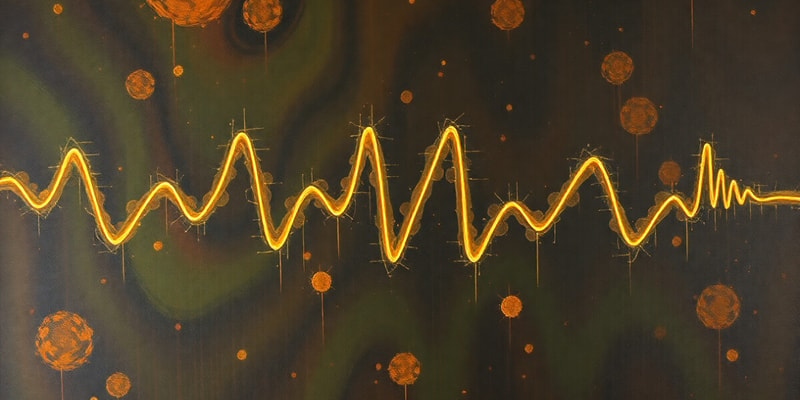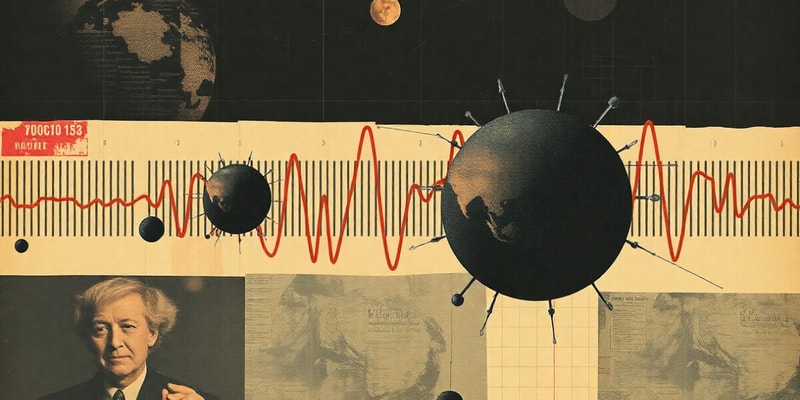Podcast Beta
Questions and Answers
Which ion primarily influences the resting membrane potential due to its high permeability?
What occurs during repolarization of an action potential?
What is the effect of hyperpolarization on the membrane potential?
What is the role of the Na+/K+ pump after an action potential?
Signup and view all the answers
Which of the following best describes the equilibrium potential of an ion?
Signup and view all the answers
Study Notes
Resting Membrane Potential
- Resting membrane potential is approximately -86 mV.
- Determined by the presence of ions: K⁺, Na⁺, Cl⁻, Ca²⁺.
- Ions’ equilibrium potentials influence overall membrane potential.
- Electrical gradients, driven by concentration gradients, affect ion movement.
- Ion permeability plays a crucial role; K⁺ is the most permeant due to higher density of leak channels.
Action Potential Changes
- Resting Potential: Maintained by K⁺ leak channels.
- Depolarization: Occurs when voltage-gated Na⁺ channels open, leading to rapid influx of Na⁺ ions.
- Repolarization: Triggered by the closure of Na⁺ channels and opening of K⁺ channels, resulting in K⁺ efflux.
- Hyperpolarization: Occurs when K⁺ channels remain open longer than needed, causing an overshoot in membrane potential.
- Return to Resting Potential: K⁺ channels close, and Na⁺/K⁺ pump actively restores the resting state.
Studying That Suits You
Use AI to generate personalized quizzes and flashcards to suit your learning preferences.
Description
This quiz covers the factors that determine resting membrane potential and the changes that occur during an action potential. Students will explore the roles of different ions, their equilibrium potentials, and permeability during neuronal signaling. Engage with essential concepts in cellular neuroscience to deepen your understanding.




